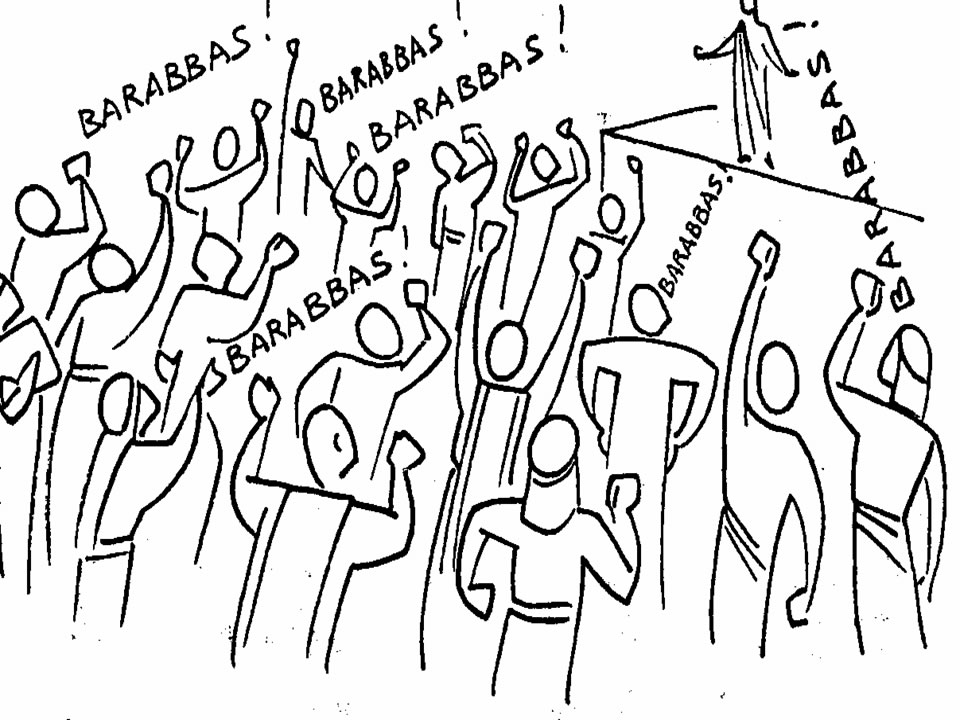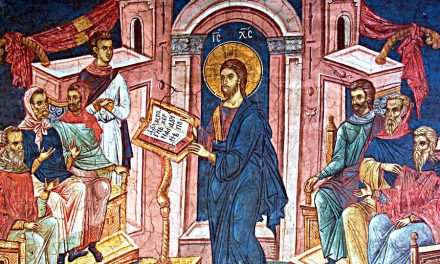Wis 3:1-9
Ps 23:1-3a, 3b-4, 5, 6
Rom 5:5-11
Jn 6:37-40
 At Mass this weekend, the priest told a story in his homily of a man who tried to “evangelize” him. It was an uncomfortable story for me, and I imagine many others in the congregation. In Texas, there is a lot of evangelizing going on, and while the conversations can be pleasant, more often than not they end as this priest’s did, with the evangelizer asking if the person was “saved.” The priest related the man’s words, “Unless you have a personal relationship with Jesus, you are going to burn in hell!”
At Mass this weekend, the priest told a story in his homily of a man who tried to “evangelize” him. It was an uncomfortable story for me, and I imagine many others in the congregation. In Texas, there is a lot of evangelizing going on, and while the conversations can be pleasant, more often than not they end as this priest’s did, with the evangelizer asking if the person was “saved.” The priest related the man’s words, “Unless you have a personal relationship with Jesus, you are going to burn in hell!”
Ouch. But it isn’t true. At least we don’t believe, as Catholics, that is true. See, the question about whether a person is saved or not is really not a good question. We don’t know. Judgment and salvation belong to God and God alone. And while the Church affirms the existence of hell, and the reality that those who die outside of God’s grace go there, we don’t really know who is outside of God’s grace and we don’t know who, if anyone is in hell.
The position of the Catholic Church, I think, is really one of profound hope. We do not presume to know who isn’t saved, but rather, we are taught to hope in God’s grace for the sinner, and to pray for those fellow pilgrims who have ended this life but are still working for full happiness in the next. It is what Hallowtide is all about. The hope for sinners, which as Paul says in our second reading, does not disappoint. Or from the author in our first reading, we hope that our beloved dead are in peace, “for if before men, indeed, they be punished, yet is their hop full of immortality.” Or in the words of Jesus in our Gospel, we hope that He should not lose anything of what the Father gave Him, but should raise it on the last day. Or in the words of the Catechism (1037):
God predestines no one to go to hell; for this, a willful turning away from God (a mortal sin) is necessary, and persistence in it until the end. In the Eucharistic liturgy and in the daily prayers of her faithful, the Church implores the mercy of God, who does not want ‘any to perish, but all to come to repentance.’
It is telling that as Catholics, we venerate the saints, but don’t claim any reprobate.
This hope is really important for moral theology because it is a major impetus behind our actions. We know we are sinners and do not merit eternal beatitude. We also know that we can never earn that eternal beatitude, no matter how good we are. And yet we keep working. The emphasis on good actions is not about earning God’s grace, but rather, accepting God’s grace as merciful love and offering that same merciful love to those around us. In this way, love of God and love of neighbor are the key to eternal life. We accept God’s love for us, sinners that we are, and in gratitude extend that same love to our neighbors, sinners that they are also.
What I especially love about the Catholic worldview is the emphasis on this merciful love of neighbor extending after death. By praying for the souls of our faithful departed, offering for them the Requiem Aeternum, we can continue to do “good works” for our neighbors who have died. And just as good works in this life help to purify us so that we may, through grace, merit life eternal, so too does the good work of praying for our beloved dead purify us. By praying for our dead, especially in light of their sinfulness, we become ever more aware of the merciful love of God, ever more dependent on that merciful love, and hopefully (no pun intended), ever more willing and able to offer that same merciful love to more and more people around us.




Trackbacks/Pingbacks